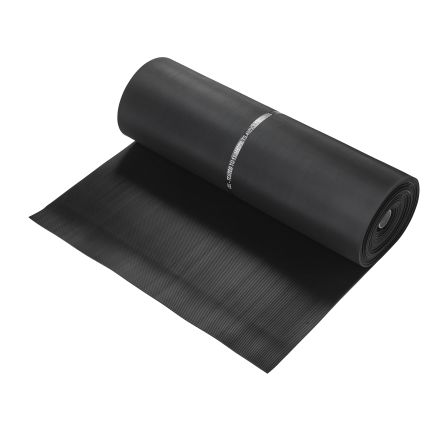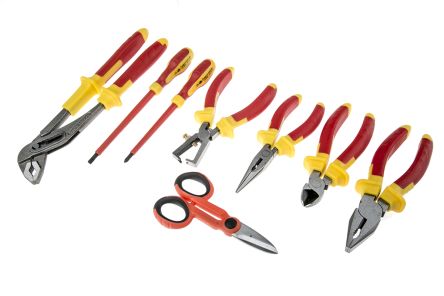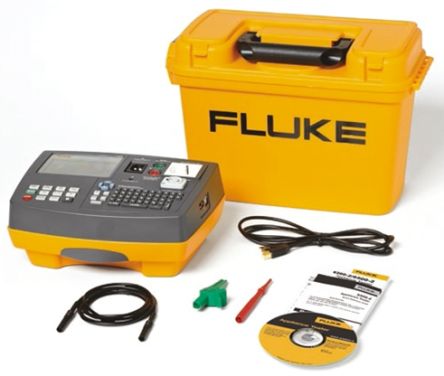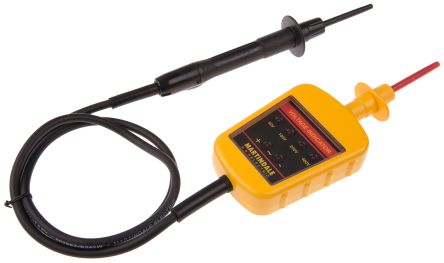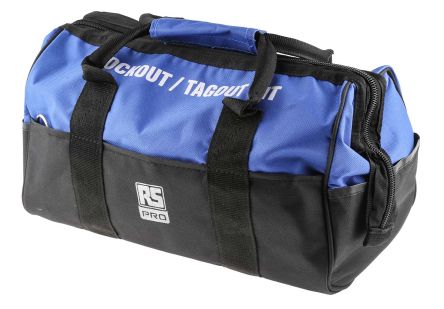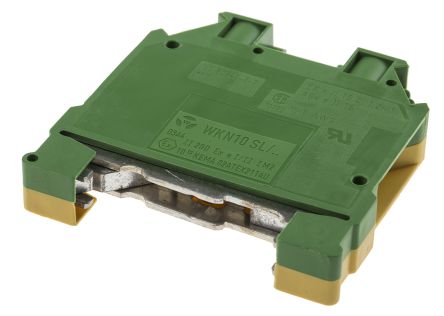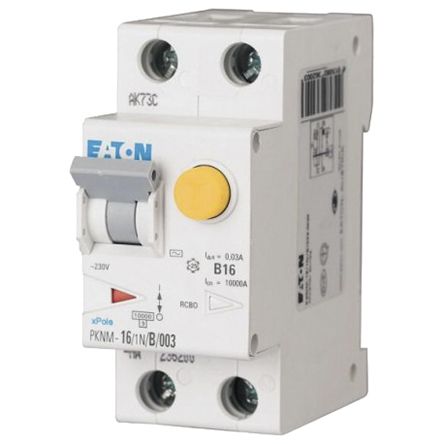A Complete Guide to Industrial Electrical Safety

In this guide we will be examining the dangers of electrical equipment in factories and other industrial environments and discussing recommended methods for managing those risks and protecting the health and safety of employees, contractors and visitors.
Electrical hazards and safety
Almost every factory or workplace features electrical equipment of some kind. If poorly maintained such machinery can cause serious accidents. The risks increase the larger and more powerful the equipment, making electrical safety measures even more important.
To ensure workplace safety all wiring and circuits must be properly and fully inspected on a regular basis: this is perhaps the single most effective way to protect employees from shocks.
Why is electrical safety important?
Electricity is dangerous: it can arc across spilled liquid and damp surfaces; it can start fires, igniting flammable materials - even gases and dust - causing serious damage to equipment and buildings. Electric shock can cause burn injuries and interfere with the heartbeat of anyone exposed, with potentially fatal results.
The symptoms of electric shock range from headaches, numbness and blurred vision, all the way up to an irregular heartbeat, spasms and seizures.
Even relatively minor shocks can cause major injuries – by, for example, causing heavy objects to be dropped or workers to fall from ladders.
Electrical safety at work: a checklist
The key principles of electrical safety at work are:
 |
Respect live electricity - touching a live circuit could have fatal consequences. |
 |
Conduct regular inspections of equipment - any electrical equipment should be routinely assessed: is still safe to use? Is the cabling properly sealed and insulated? Does it need repair or a replacement? |
 |
Ensure correct training - everyone who uses electrical equipment in the course of their job should be confident in how to use it safely. Nobody should conduct any kind of repairs on electrical equipment without sufficient skills and training. |
 |
Don’t overload sockets and extension cables - this can cause fires. |
 |
Switch off equipment after use and before cleaning or adjusting it in any way. |
 |
Check for hidden cables in walls before drilling or inserting nails |
 |
Stop using any apparently faulty equipment immediately and have it checked by qualified personnel. |
 |
Make sure all equipment in use is suitable for its purpose – and that it remains so via regular checks and maintenance. |
Although the amount and strength of electrical equipment in use varies according to industry, these principles are fundamental and apply more or less equally to hospitals, factories, offices and warehouses.
Electrical safety products
The following safety products are widely used by industrial firms to protect their machine operators and employees from electrocution and related risks.
Electrical safety mats
Also known as insulation mats or switchboard matting, electrical safety mats provide some degree of protection from high voltage discharges.They are made from insulated rubber and should be placed near potentially dangerous machinery and live switchboards.
Electrical safety toolkits
Electrical safety toolkits are used by electricians and properly qualified professionals to test and repair electrical equipment.
Tools that are insulated and have a VDE approval are ideal for use with electricity as they have been specifically designed to protect against the risk of an electrical shock.
Portable appliance testing (PAT)
Portable appliance tester kits are used by electricians and properly trained workers to verify the electrical safety and working order of portable appliances, which are especially prone to wear.
Insulation testing
Insulation testers are handheld devices used to monitor the electrical flow within cables, motors, switches, generators and similar equipment. The electricity that escapes from insulated cables can feed back, interfering with equipment.
Voltage indication and testing
Voltage indicators are standard safety equipment for most electricians. These handheld devices provide a quick and reliable indication of live currents in particular circuits.
Lockout kits
Also known as lock-offs, lockout kits are sets of tools used to cut off electrical currents and ensure the safe isolation of devices that require repair or close checking.
Earth or ground testing blocks
Also known as ground terminal blocks or earth terminals, earth blocks are used to safely ground cables and wires to protect from electrical discharge or magnetic fields. Typically, they are screwed or clamped into place.
RCD testing
Residual current devices (RCDs) automatically swift off electricity in the event of such faults as exposed wires, earthing failures or overheating – and they can save lives. Alternative names include residual circuit breakers (RCCBs) in the UK and ground fault circuit interrupters in the United States.
Electrical safety signs & posters
Safety signs provide immediate visual signals of potential electrical danger and they should be displayed in all potentially hazardous working areas. Their effectiveness will be complemented by staff training.
Provide up-to-date electrical safety handbooks as reference material for properly trained employees and on-site electricians.
Conclusion
There are no shortcuts to safety. Careful planning, full training and reliable equipment are all vital. The health and safety of your employees is too important for corners to be cut. Source your safety equipment from a reliable, expert in the field like RS Components.
Related Guides
PPE & Regulations
In this guide we will be examining the different types of PPE equipment available, as well as the principal regulations governing their use.
Workplace Safety
Guide to health and safety in the industrial sector: describing how to assess and prepare for key risks, and the main responsibilities.
Machine Safety
This guide covers everything from why machine safety is important and the regulations to the best products available.
